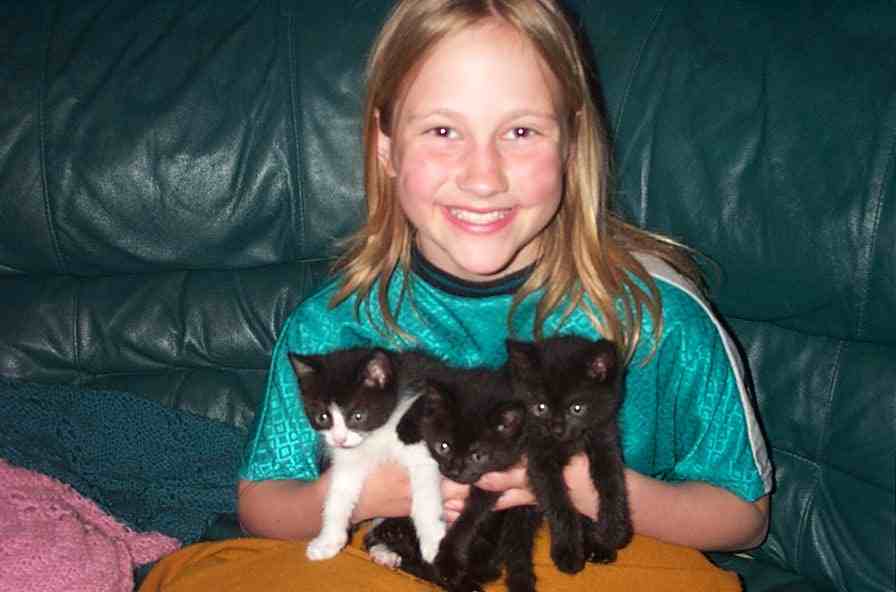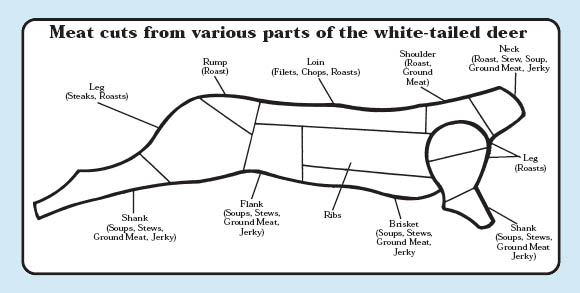When a coroner ruled last week a lack of food hygiene standards at a Welsh butchery was the cause of 5-year-old Mason Jones’ death but there was insufficient evidence to prove “a serious and obvious risk of death,” Sharon Mills was stunned.
Mason’s mum told Abby Alford of Wales online,
“To me this is a travesty of justice.”
Ms Mills, 36, from Deri, near Bargoed, said she and partner Nathan Jones, Mason’s father, are considering calling for a change in the law .jpg) which meant Bridgend butcher William Tudor – the man responsible for the 2005 outbreak during which more than 150 people were infected with potentially deadly E. coli O157 – escaped a manslaughter charge.
which meant Bridgend butcher William Tudor – the man responsible for the 2005 outbreak during which more than 150 people were infected with potentially deadly E. coli O157 – escaped a manslaughter charge.
Last week’s verdict followed a decision by the Crown Prosecution Service in 2007 not to pursue a manslaughter case because there was not a realistic prospect of conviction.
“Last Thursday after the inquest I woke up and I felt like I had lost Mason all over again. It’s been us versus the system and it’s a hard system to beat.”
Ms Mills said despite the support of some officials, she believes the pace of change in improving food safety systems has been painfully slow following the 24 recommendations for improvement put forward by expert Professor Hugh Pennington after the public inquiry.

 29 of the 80 meat products assessed were produced by unlicensed operators, adding,
29 of the 80 meat products assessed were produced by unlicensed operators, adding, The supermarket specialises in retailing products to the Afghan community.
The supermarket specialises in retailing products to the Afghan community. Even though we live in central Manhattan (Kansas), there’s a small greenbelt behind the house and we’ve had visitors such as deer, turkeys, and yesterday, a fox.
Even though we live in central Manhattan (Kansas), there’s a small greenbelt behind the house and we’ve had visitors such as deer, turkeys, and yesterday, a fox. The NSW has been targeting illicit meat processors and confiscated almost 120 kilograms of homemade nem chua – a Vietnamese-style fermented pork.
The NSW has been targeting illicit meat processors and confiscated almost 120 kilograms of homemade nem chua – a Vietnamese-style fermented pork. That’s the advice from Erie County Health Commissioner Dr. Anthony J. Billittier IV after a dead deer was discovered being butchered in a restaurant.
That’s the advice from Erie County Health Commissioner Dr. Anthony J. Billittier IV after a dead deer was discovered being butchered in a restaurant.
.jpg) Mark Powell QC (no relation but a fine Welsh name), representing the families, said
Mark Powell QC (no relation but a fine Welsh name), representing the families, said  About 60 people were struck down by E-coli O157 during an outbreak in Leeds in 2006 that led to an investigation into Todd’s Pork and Beef Butchers in Armley and its stall at Kirkgate Market.
About 60 people were struck down by E-coli O157 during an outbreak in Leeds in 2006 that led to an investigation into Todd’s Pork and Beef Butchers in Armley and its stall at Kirkgate Market. I grew up in a deer hunting family, and although my own deer hunting career started and ended when I was 13, I was so used to eating venison that beef tasted weird. I still remember one deer my family butchered at home, and my brother chased me around the house with an eyeball. We packaged and marked the cuts, but they stayed in our family freezer. Perhaps we had some guests over for dinner or gave some to a friend at church, but if anyone got sick, it was us.
I grew up in a deer hunting family, and although my own deer hunting career started and ended when I was 13, I was so used to eating venison that beef tasted weird. I still remember one deer my family butchered at home, and my brother chased me around the house with an eyeball. We packaged and marked the cuts, but they stayed in our family freezer. Perhaps we had some guests over for dinner or gave some to a friend at church, but if anyone got sick, it was us. 